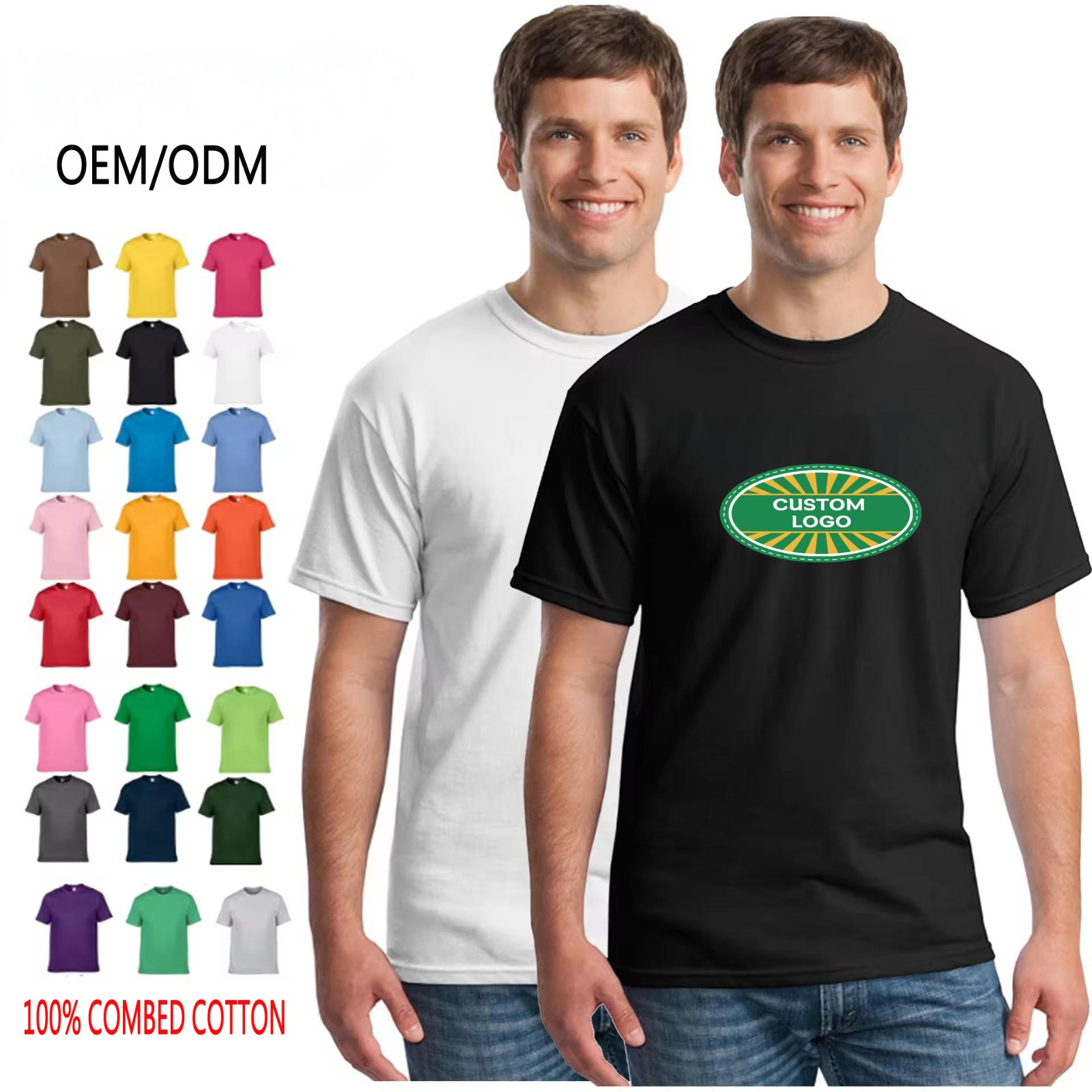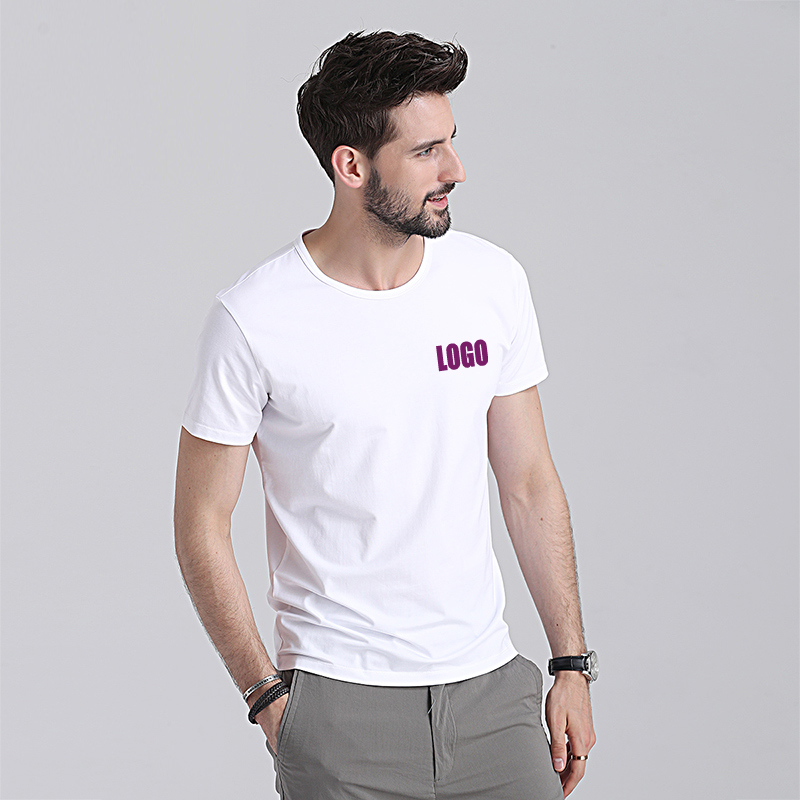Structure and Composition T-shirt fabric classification

Structure and Composition T-shirt fabric classification:
1. Cotton: Made entirely of pure cotton, this material is the most widely used for T-shirts due to its comfort, softness, and breathability. Excellent for everyday use.
Combed cotton is an improved quality regular cotton that has had its short fibers removed by combs, leaving the cloth smoother and softer.
Organic cotton: Growing without the use of pesticides or synthetic fertilizers, organic cotton is an environmentally friendly choice, unlike regular cotton
2. Polyester
100% polyester fiber: a synthetic fabric known for its durability, wrinkle resistance, and moisture absorption. Often used for sports and performance costumes.
Polyester blend: usually blended with cotton or other fibers to improve durability while maintaining the softness and breathability of natural fibers.
3. Cotton polyester blend
50/50 blend: A balanced blend that combines the softness of cotton with the durability and moisture absorption of polyester. frequently utilized for athletic and daily T-shirts.
Cotton, polyester, and synthetic silk are combined to make a triple blend (cotton, polyester, and synthetic silk) that is incredibly soft, lightweight, and has a vintage-style appearance and texture. offers durability, breathability, and a tiny amount of suppleness.
4. Artificial silk
Viscose artificial silk: a semi synthetic fabric made from wood pulp, giving people a silky feeling. Artificial silk is soft and breathable, with good drape, often used in fashionable T-shirts.
Modal: a type of artificial silk made from beech wood pulp, known for its extreme softness, water absorption, and resistance to shrinkage. Usually blended with cotton or polyester fibers.
5. Linen cloth
100% linen fabric: made of linen fiber, linen fabric is lightweight, breathable, and has a slight texture. Very suitable for warm weather, but prone to wrinkling.
6. Bamboo
Bamboo fabric: Made from bamboo pulp, this fabric is soft, breathable, and has natural antibacterial properties. Bamboo T-shirts are good for delicate skin types and the environment.
7. Elastic fiber/spandex
Blended with spandex: To improve elasticity and flexibility, spandex is typically blended with cotton or polyester. often observed in athletics and form-fitting tees.
8. The Island of Jersey
Single-sided knit fabric: a thin, stretchy knit material that's frequently used for t-shirts. Made of cotton, polyester fibers or blends, comfortable and casual.
Double sided knitting: thicker than single-sided knitting, providing more structure and durability while maintaining comfort.
9. Mud
Coarse cotton: Due to different yarn thicknesses, it has slight irregularities and textured appearance. Provide a unique, casual appearance and a lightweight feel.
10. High performance fabrics
Moisture absorbing fabrics: typically made of synthetic materials such as polyester or blends, these fabrics can absorb moisture from the skin, making them an ideal choice for sports and outdoor activities.
UV-protective textiles: Certain high-performance textiles have been treated to offer more UV protection, qualifying them for outdoor wear.
11. Specialty and blended textiles
Hemp is a robust and sustainable material with a linen-like texture. A hemp T-shirt is naturally breathable, mold- and UV-resistant.
Merino wool: Due to its inherent ability to regulate temperature, absorb moisture, and feel soft, Merino wool is used in select high-end T-shirts, despite being rather uncommon.
In summary
Considerations for T-shirt fabric selection include softness, breathability, durability, and the intended purpose of the garment. Because of its distinct benefits, every type of fabric may be used for a variety of events, climates, and tastes.








